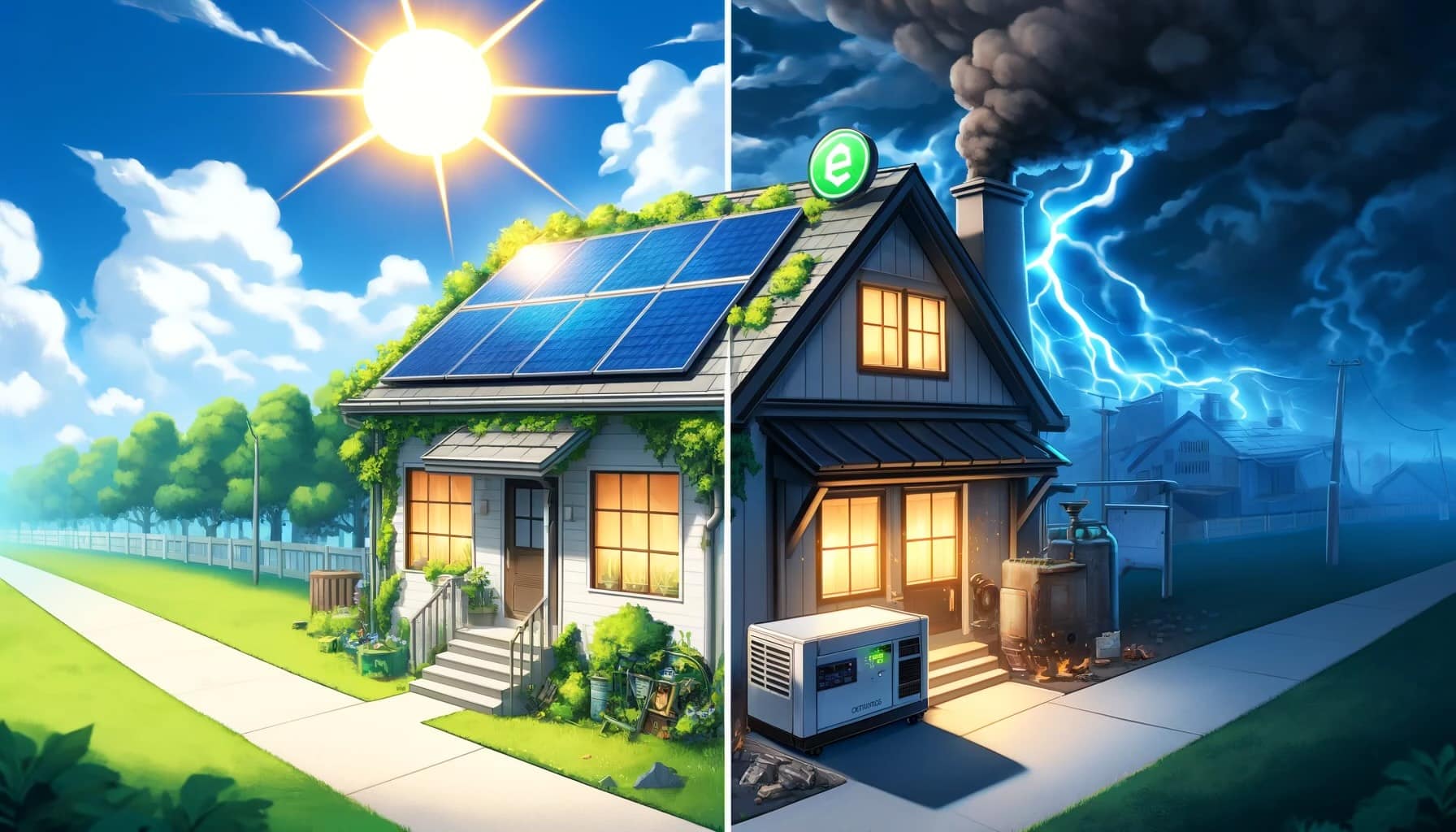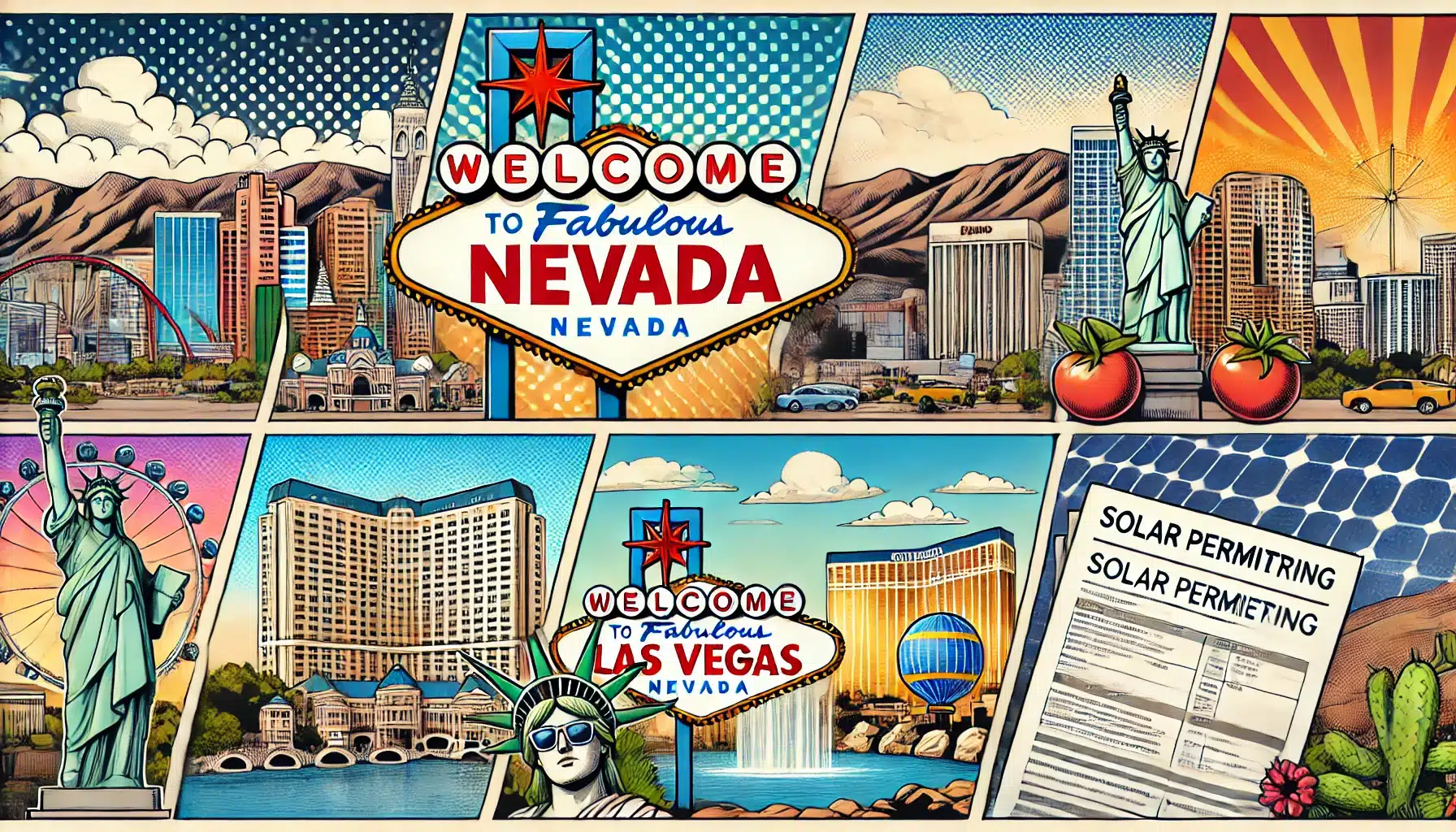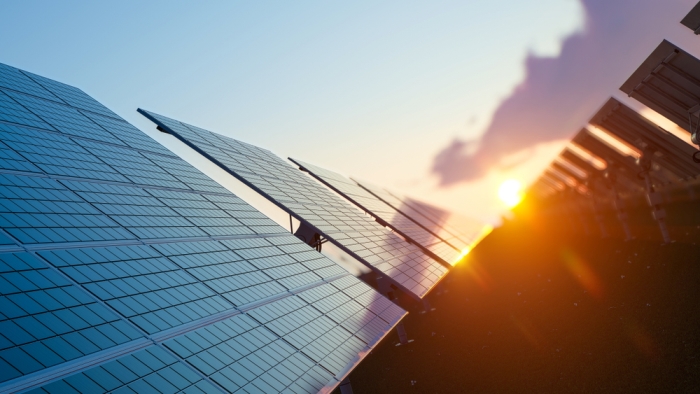Solar panels vs a generator: Which is the better option for keeping the lights on during a power outage?
Both a solar energy system and a generator can provide power while the grid is down because of extreme weather, natural disasters, or other unforeseeable events. But which one is better in terms of cost, reliability, and environmental friendliness?
Keep reading to learn more about generators, solar panels, and power outages. Then, we’ll compare and contrast both systems to help you find the right option for your home.
What are Solar Energy Systems and Generators?
When the power goes out, the debate between solar panels vs generator options for homes becomes quite relevant. Solar panels vs generators—both promise to keep your lights on during a power outage, but they operate on fundamentally different principles.
Solar Energy Systems
Solar energy systems capture sunlight and convert it into electricity using photovoltaic (PV) cells. These systems consist of solar panels, an inverter to convert the DC electricity into usable AC electricity, and ideally a battery to store excess energy for later use.
Do solar panels work during power outages? Yes, but to have power during an outage, solar panels need to be part of a system with a battery backup; otherwise, they’ll shut off to prevent back-feeding electricity into the grid, which could put the safety of repair personnel at risk.
Generators
Generators, on the other hand, produce electricity by burning fuel, such as gasoline, propane, or natural gas. There are two types of generators you can use to power your home in case the grid is down:
- Whole House Generators: Whole house generators are typically fueled by natural gas or propane and automatically engage when power is lost, ensuring minimal disruption to your daily life.
- Portable Generators: Portable generators are mobile units that usually run on gasoline or diesel. They are considerably noisier than whole-house options, produce more carbon monoxide, and need to be operated outside, far away from windows and vents.
Ultimately, both solar energy systems and generators present viable solutions to combat power outages, each with its unique benefits. Let’s continue to explore the pros and cons of each option further!
Comparing Solar Panels vs Generators for Power Outages: Key Pros and Cons
Choosing between solar panels vs a whole-house generator involves weighing a wide range of advantages and disadvantages, including cost effectiveness, maintenance, and long-term sustainability.
For homeowners weighing solar panels vs generators for home use, several factors come into play.
Generator Pros
- Immediate Power Solution: Generators provide an instant power supply during outages, ensuring that your essential appliances keep running without interruption.
- Fuel Options: They come with various fuel option choices, including diesel, natural gas, and propane, accommodating different availability and preferences.
- Scalability: Generators are available in a range of sizes, offering solutions from powering a single room to an entire house.
- Portability: Portable generators offer flexibility in placement and can be used in multiple locations, not just at home.
Generator Cons
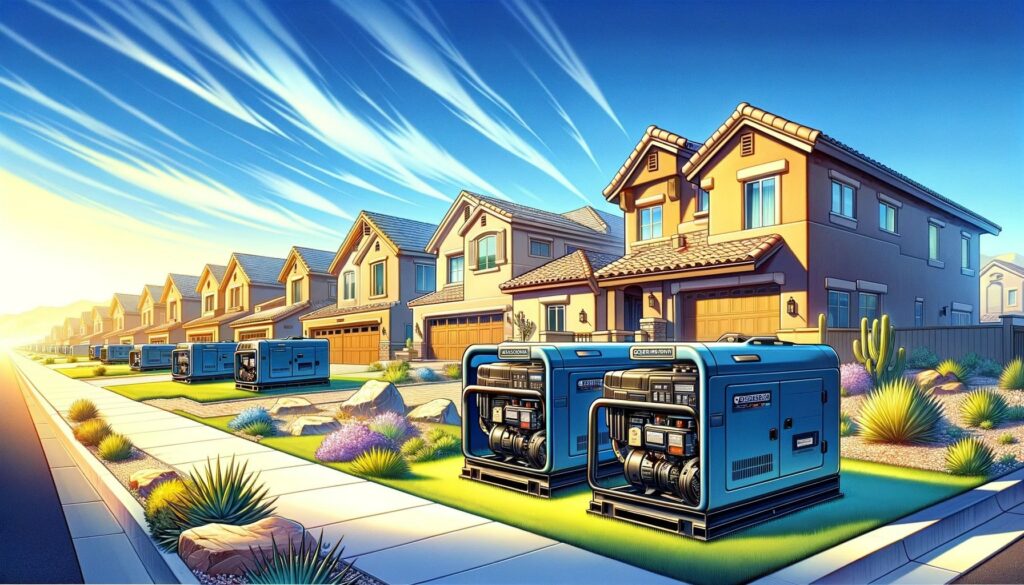
- High Maintenance: Generators require regular maintenance to ensure proper functioning during outages, with costs varying depending on the type.
- Expensive: Whole-house generators can be costly, from installation to fuel and maintenance. Additionally, portable generators have a lower upfront cost but may need more frequent refueling, increasing long-term expenses.
- Environmental Impact: Generators, especially those running on fossil fuels, emit greenhouse gases contributing to air pollution and climate change.
- Ongoing Costs: The expense of fuel and regular maintenance can add up over time, making generators a costlier option in the long run.
- Noise Pollution: They can be quite noisy, which might be a disturbance to you and your neighbors, especially during long periods of use.
- Safety Concerns: Improper installation or operation of generators can lead to risks such as carbon monoxide poisoning and fire hazards.
Solar Battery Pros
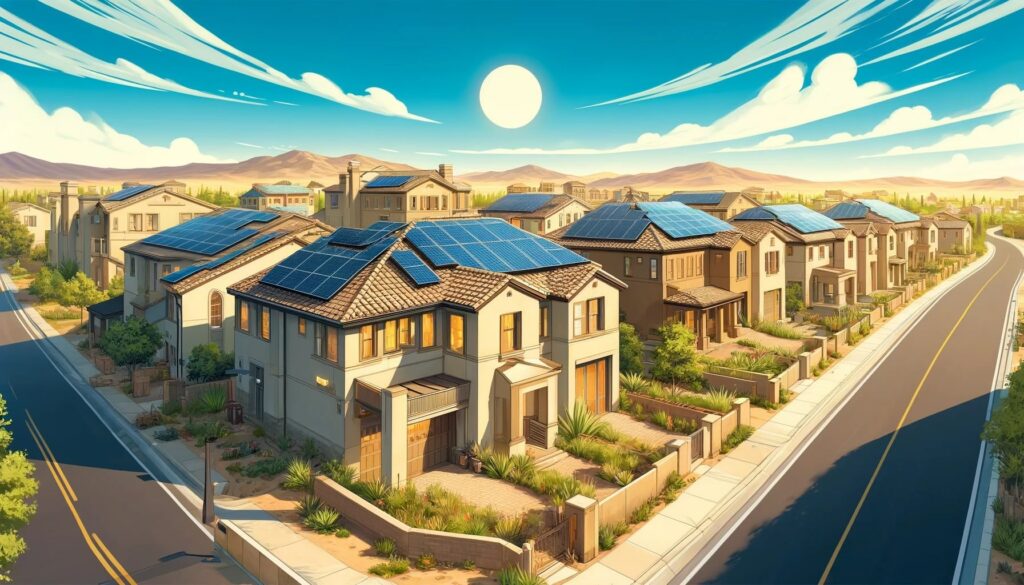
- Eco-Friendly: Produces clean, renewable energy, drastically reducing carbon footprint.
- Low Maintenance: Once installed, solar panels and batteries require minimal upkeep.
- Cost-Effective in the Long Run: While the initial setup might be costly, solar panels significantly reduce electricity bills over time, and can even eliminate them entirely with adequate storage capabilities.
- Silent Operation: Unlike generators, solar panels and batteries operate silently, eliminating noise pollution.
- Adaptability and Scalability: Solar energy systems can be customized and scaled up with additional panels or batteries as those needs grow, providing the flexibility that generators simply cannot match.
Solar Battery Cons
- Higher Initial Investment: The upfront cost of solar panels with a battery backup system is considerably higher compared to traditional generators.
- Dependent on Weather: The efficiency of solar panels can be influenced by weather conditions, although advancements in technology have minimized this issue.
- Requires Space: Installing solar panels requires sufficient space which might not be available in all settings.
- Complex Installation: The setup of a complete solar energy system is more complex than installing a generator.
Solar Panels vs Generators: Decisions, Decisions…
When choosing between solar panels and generators for your backup power solution, consider your long-term energy goals, environmental consciousness, and budget.
- Long-Term Energy Goals: If you aim for a sustainable and eco-friendly approach, solar panels with a battery backup system are the way to go. They offer a renewable energy solution that not only reduces your carbon footprint but also lowers your electricity bills over time.
- Environmental Consciousness: Solar panels produce clean energy with no emissions, making them a more environmentally friendly option compared to generators that burn fossil fuels and emit greenhouse gases.
- Budget Considerations: While solar panels require a higher initial investment, they are more cost-effective in the long run due to lower operational costs and potential savings on electricity bills. Generators, on the other hand, have lower upfront costs but higher ongoing expenses for fuel and maintenance.
Ultimately, the right choice depends on your specific needs, preferences, and the value you place on sustainability versus immediate cost.
Conclusion
Both solar panels and generators offer viable solutions for maintaining power during outages, each with its own set of benefits and drawbacks.
If you’re leaning towards a sustainable solution, solar panels with a battery backup system might be the best option for you. On the other hand, if you need an immediate and flexible power solution, generators could be more suitable.
Ready to explore the potential of solar energy for your home? Learn more about our solar products and get a quote today.
Click here to take the next step towards a greener, more reliable energy future.

